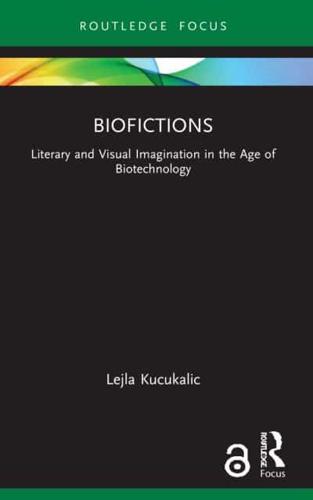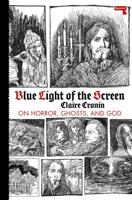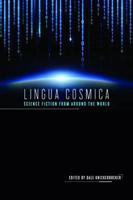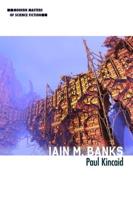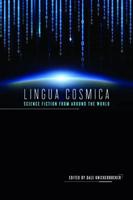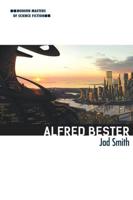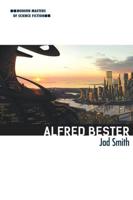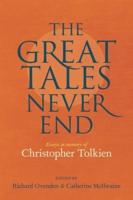Publisher's Synopsis
Biofictions introduces three novel concepts: 'biofiction,' 'bioimagination,' and 'biodiscourse' to talk about intersections of literary and visual texts and biotechnology. The book proposes a new interdisciplinary area of research that correlates processes of genetics and literature, based on two critical approaches. One, drawing parallels between the genetic codes, human language, formal (binary) language, and posthuman communication and the role of meaning and imagination in these forms of communication. Two, by defining 'biofictions' as a critical scientific-artistic concept and as a corpus of texts that engage ideas and developments in molecular biology. Syncretic connection between biotechnology and literature is especially evident in an open science movement and the literary artistic genre of biopunk, discussed across chapters. The study includes well-known contemporary texts, such as David Foster Wallace's Infinite Jest, that are recontextualized as biofiction; it offers a rereading of important but neglected novels such as Thomas Disch's Camp Concentration (1967); and it analyzes new visual texts such as the TV series Altered Carbon and Ghost in the Shell films. Based on these wide-ranging examples and new critical concepts, the book argues that coming up with possible alterations for the genetic code or intended traits for the organism is a discursive practice that brings into being bionarratives that are both organic and literary.
Chapter 1 of this book is freely available as a downloadable Open Access PDF under a Creative Commons Attribution-Non Commercial-No Derivatives 4.0 license.
